Introduction
Environmental science careers are becoming increasingly important in today's world. As a growing and interdisciplinary field, environmental science combines biology, chemistry, geology, and social sciences to study and solve complex environmental problems. Professionals in this area play a critical role in addressing climate change, managing natural resources, and promoting sustainable practices.
The need for environmental professionals is rising as governments, businesses, and communities seek solutions to environmental challenges. From developing renewable energy strategies to conserving ecosystems and ensuring clean water access, these careers are essential to protecting both people and the planet.
According to the U.S. Bureau of Labor Statistics, employment in environmental science-related occupations is projected to grow faster than average through the next decade. This strong job outlook, combined with growing public concern over environmental issues, makes now an excellent time to pursue a career in environmental science.

🌿 Core Environmental Science Career Paths
Conservation Scientists and Foresters
Conservation scientists and foresters play a key role in managing the land quality of forests, parks, rangelands, and other natural resources. These professionals work with government agencies, non-governmental organizations (NGOs), and private landowners to ensure sustainable land use. Conservation scientists had a median annual wage of $67,950 in May 2024, while foresters earned $70,660. Job opportunities in this field are expected to grow by 5% from 2023 to 2033, which is about average for all occupations [BLS - Conservation Scientists and Foresters].
Environmental Science and Protection Technicians
Environmental science and protection technicians monitor environmental conditions and investigate pollution sources. Their tasks include conducting field tests, collecting samples, and enforcing environmental regulations. These technicians earned a median wage of $49,490 in May 2024. The job outlook is favorable, with projected growth of 7% from 2023 to 2033 [BLS - Environmental Science and Protection Technicians].
Environmental Engineers
Environmental engineers use engineering principles to develop solutions that improve environmental quality. They work on waste disposal, air and water pollution control, and public health projects. As of 2023, approximately 41,300 environmental engineers were employed. Major employers include engineering services (24%), consulting services (18%), and state governments (18%) [BLS - Environmental Engineers].
Hydrologists
Hydrologists focus on the distribution, movement, and properties of water within the environment. Their work supports flood prediction, drought management, and infrastructure planning. In 2021, the median wage for hydrologists was $84,030, placing this role among the highest-paying in green careers [BLS - Good Wages for Green Work].

Broader Opportunities in Life, Physical, and Social Sciences
Environmental science careers often overlap with roles in the broader life, physical, and social sciences. This career group includes professionals such as biologists, chemists, geographers, and climatologists, all of whom contribute to the understanding and protection of the environment.
According to the U.S. Bureau of Labor Statistics, the median annual wage for occupations within this group was $78,980 as of May 2024 [BLS - Life, Physical, and Social Science Occupations]. The demand for these professionals remains strong, with approximately 148,400 projected job openings annually from 2023 to 2033.
Environmental science careers in this group span multiple sectors, including research institutions, academia, private industry, and government agencies. This range of opportunities reflects the interdisciplinary nature of environmental science and its relevance across diverse fields.

🌍 Emerging and In-Demand Career Specializations
Climate Change Analysts
Climate change analysts are increasingly vital in environmental science careers. These professionals evaluate environmental data and assess the potential impacts of policies related to climate change. Their work supports the development of strategies to mitigate or adapt to environmental shifts. They find employment in government agencies, consulting firms, advocacy organizations, and corporate sustainability departments, where data-driven insights guide decisions on climate resilience and emissions reduction.
Environmental Policy Analysts
Environmental policy analysts focus on shaping and interpreting environmental legislation. They research and evaluate the effectiveness of current regulations and propose new policies to address environmental challenges. Collaboration is key in this role, as analysts work closely with lawmakers, scientists, and community stakeholders to ensure that environmental policies are both scientifically sound and socially equitable. This specialization plays a critical role in aligning environmental science careers with legislative frameworks.
Sustainability Specialists
Sustainability specialists design and execute initiatives aimed at improving environmental performance in organizations or communities. Their work often includes projects centered on energy efficiency, waste management, and carbon footprint reduction. They are employed by municipalities, corporations, and non-profits to help meet environmental goals and regulatory requirements. This role is central to the growing demand for sustainable practices across sectors within environmental science careers.
Renewable Energy Technicians & Engineers
Renewable energy technicians and engineers contribute to the development and maintenance of systems powered by solar, wind, hydroelectric, and other renewable resources. As the world transitions away from fossil fuels, the demand for these professionals is rapidly increasing. This specialization combines technical expertise with environmental science principles to support the shift toward clean energy infrastructure, making it a dynamic path within environmental science careers.
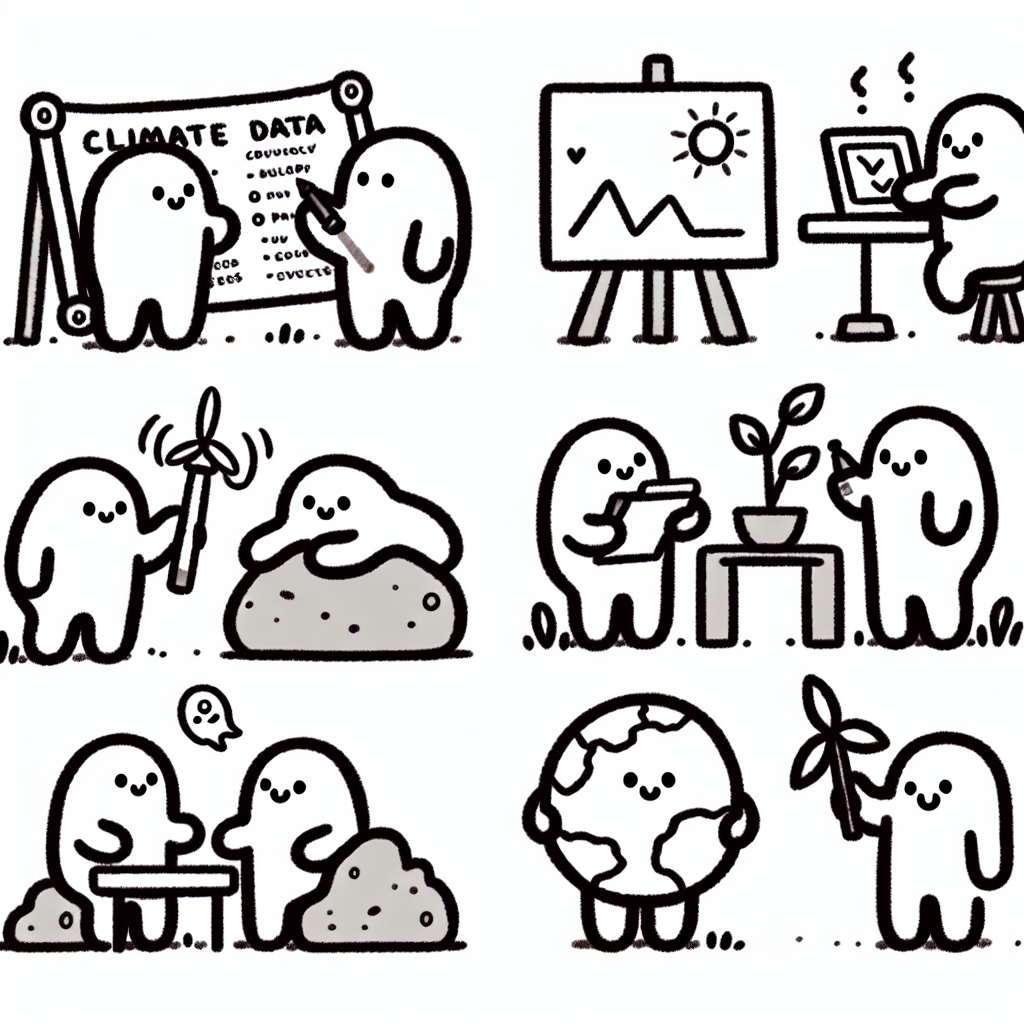
🎓 Education & Skills Required
A strong educational background is essential for those pursuing environmental science careers. Most entry-level positions, such as environmental technicians and junior scientists, require at least a bachelor's degree. Common undergraduate majors include Environmental Science, Biology, Chemistry, Ecology, and Geology. These programs provide foundational knowledge in ecological systems, scientific methods, and environmental policy.
For more advanced or specialized roles—such as environmental researchers, policy advisors, or academic professionals—a master's degree or PhD is often necessary. Graduate studies allow for deeper expertise in niche areas like climate modeling, toxicology, or environmental law.
In addition to formal education, environmental science careers demand a diverse set of skills. Proficiency in data analysis and Geographic Information Systems (GIS) mapping is critical for interpreting environmental trends and spatial data. Fieldwork and laboratory research skills are essential for collecting and analyzing environmental samples. Strong communication and report writing abilities are needed to present findings to stakeholders, while knowledge of regulatory frameworks ensures compliance with environmental laws and guidelines.

🧭 Navigating Your Environmental Science Career
Entry-Level Opportunities
Starting a career in environmental science often begins with hands-on experience. Internships with environmental non-governmental organizations (NGOs) or government agencies provide valuable exposure to fieldwork, policy development, and community outreach. These positions help build foundational knowledge and professional networks. Additionally, technician roles—whether in laboratories analyzing soil and water samples or in the field conducting environmental monitoring—offer practical experience that is highly valued by employers in environmental science careers.
Mid-Career Advancement
Professionals with several years of experience in environmental science careers may move into roles that require greater responsibility and specialization. Project management positions allow individuals to oversee environmental initiatives, manage budgets, and coordinate multidisciplinary teams. Consulting roles often involve advising businesses or governments on environmental regulations and sustainability strategies. Research leadership positions, often in academic or governmental institutions, enable professionals to guide scientific investigations and mentor junior staff.
Earning certifications can support advancement. The Leadership in Energy and Environmental Design (LEED) credential is useful for those working in sustainable building and urban planning. The Hazardous Waste Operations and Emergency Response (HAZWOPER) certification is essential for professionals dealing with hazardous waste. The Certified Environmental Professional (CEP) credential demonstrates expertise and ethical standards in the field.
Career Switchers
People transitioning from other sectors—such as education, business, or engineering—can successfully enter environmental science careers with targeted education and certifications. For example, engineers may apply their technical skills to environmental systems design, while educators might move into environmental education or outreach. Short-term certificate programs or graduate-level coursework can help bridge knowledge gaps and prepare career switchers for new roles in the environmental science field.
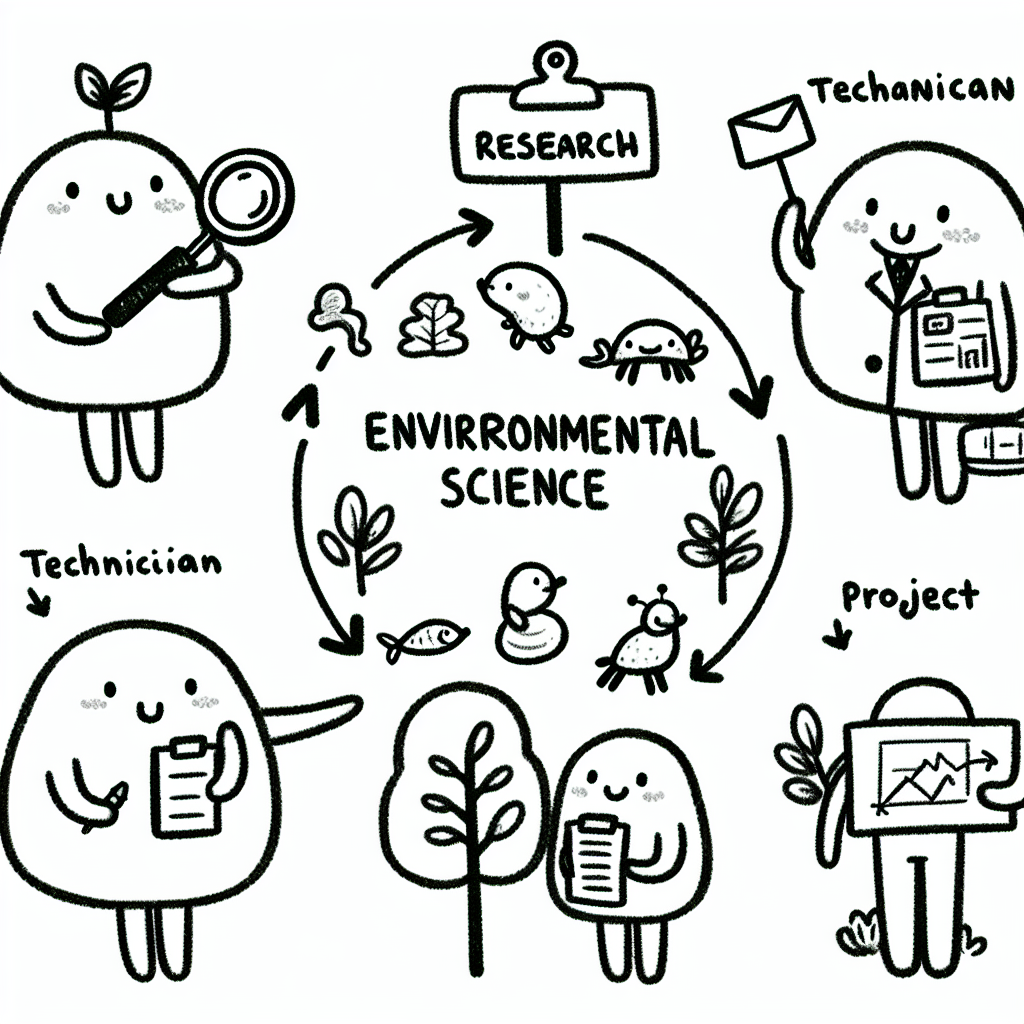
💼 Job Outlook and Industry Trends
Environmental science careers are experiencing strong growth, driven by increasing climate policy initiatives and heightened public awareness of environmental issues. As governments and organizations prioritize sustainability, green jobs are expanding at an accelerated rate across multiple sectors.
There is growing cross-sector demand for professionals with expertise in environmental science. Fields such as agriculture, construction, energy, and public health are seeking specialists who can develop and implement sustainable practices. For example, the construction industry is hiring environmental scientists to assess site impact, while the agricultural sector needs experts to improve soil health and water conservation.
Another significant trend influencing environmental science careers is the rising importance of Environmental, Social, and Governance (ESG) metrics in business. Companies are increasingly held accountable for their environmental impact, prompting a need for professionals who can track, analyze, and report sustainability performance. As ESG reporting becomes standard, businesses across industries are incorporating environmental scientists into strategic planning and compliance roles.
These shifts signal a robust and evolving job market for those pursuing careers in environmental science.
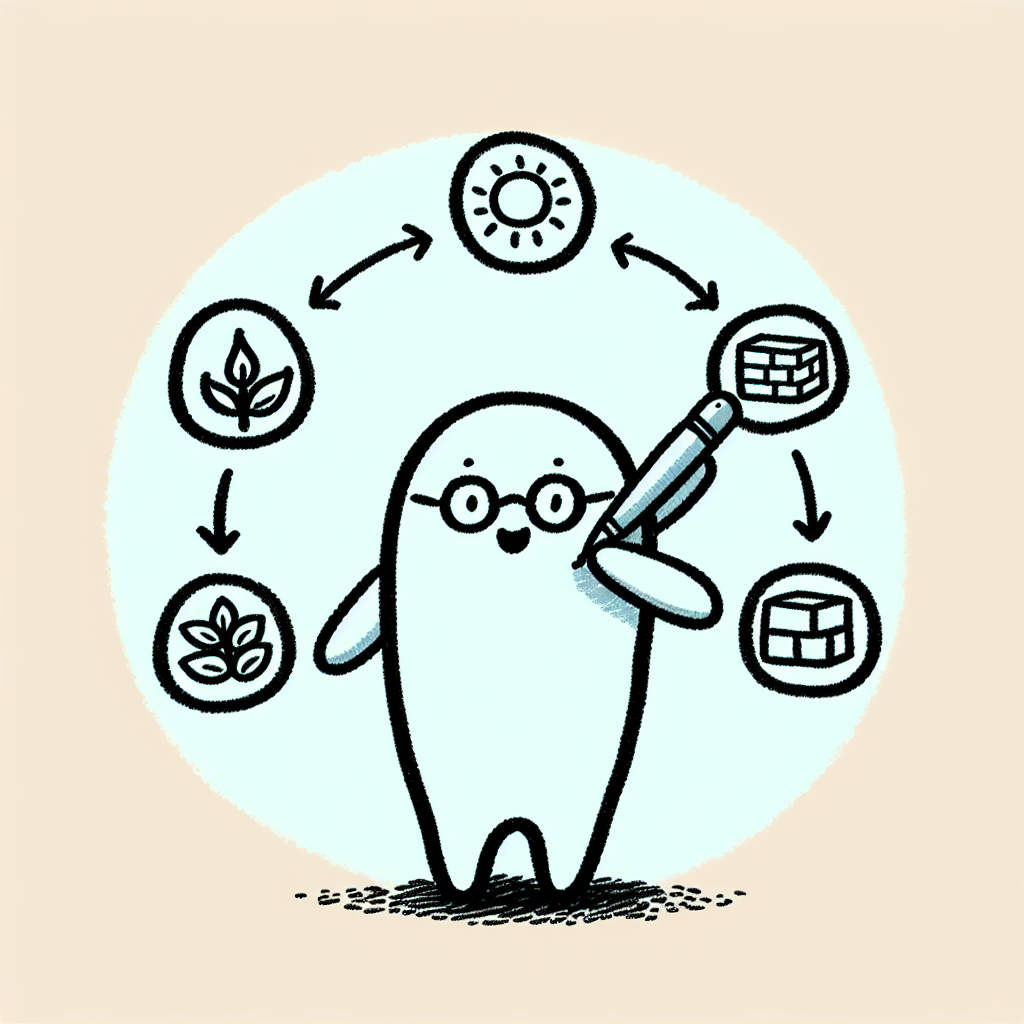
📚 Resources for Aspiring Environmental Professionals
For those interested in pursuing environmental science careers, there are several trusted resources that offer valuable information on job prospects, professional development, and educational pathways.
The U.S. Bureau of Labor Statistics – Environmental Careers Overview provides detailed data on job outlooks, median salaries, and typical educational requirements for various roles within the environmental science field.
The National Association of Environmental Professionals (NAEP) is a key organization that supports environmental professionals through networking opportunities, continuing education, and industry updates.
The Society for Conservation Biology is another resource that focuses on conservation-related careers. It offers access to academic journals, job boards, and conferences relevant to environmental science careers.
EnvironmentalScience.org – Career Profiles & Education Info is a comprehensive site that provides in-depth career profiles, degree guides, and expert interviews, making it a useful tool for both students and professionals exploring environmental science careers.

Conclusion
Environmental science careers provide a wide array of opportunities that are both meaningful and financially rewarding. Professionals in this field contribute to solving critical issues such as climate change, pollution, and resource management. As global environmental challenges continue to intensify, the demand for skilled environmental scientists is projected to grow steadily across sectors including government, private industry, and non-profit organizations.
Whether you are beginning your professional journey or considering a career change, environmental science careers present a timely and impactful option. The field welcomes individuals with a passion for sustainability, problem-solving, and science-based decision-making.
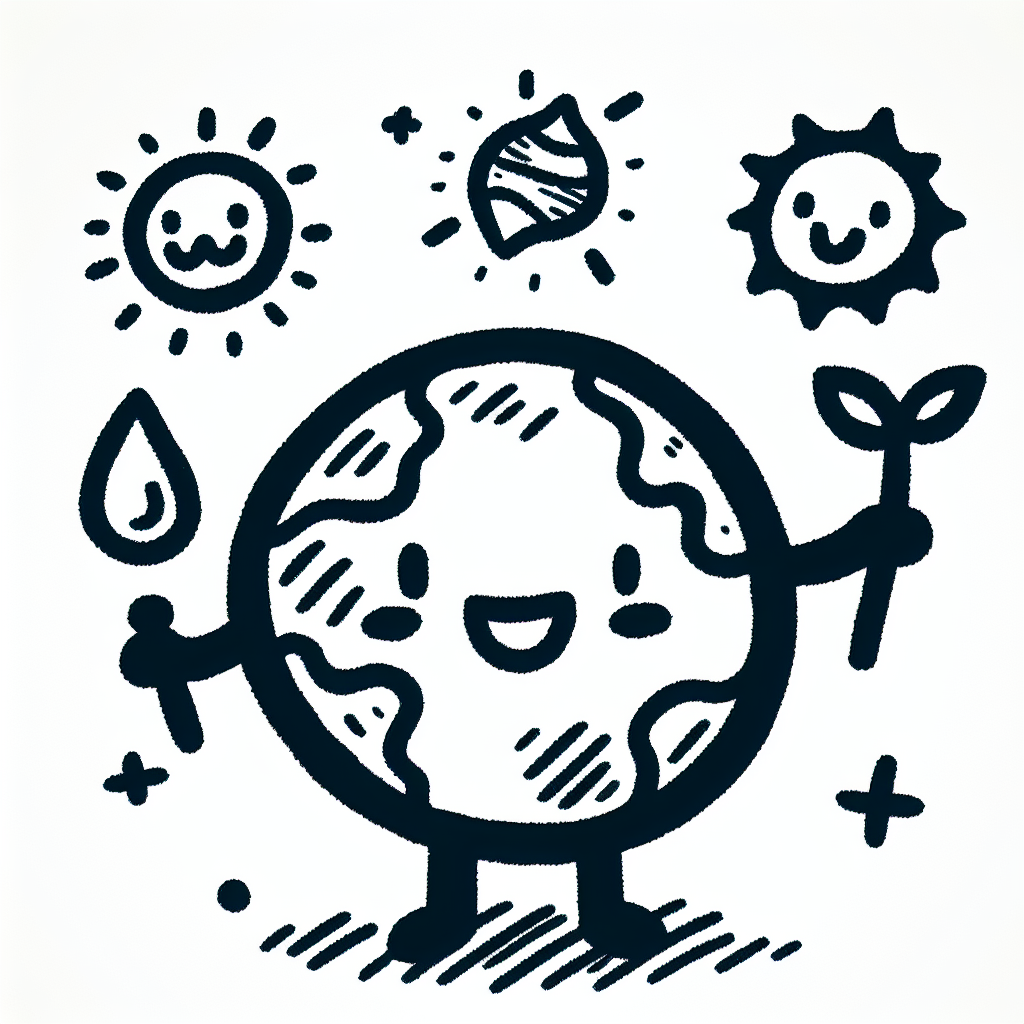



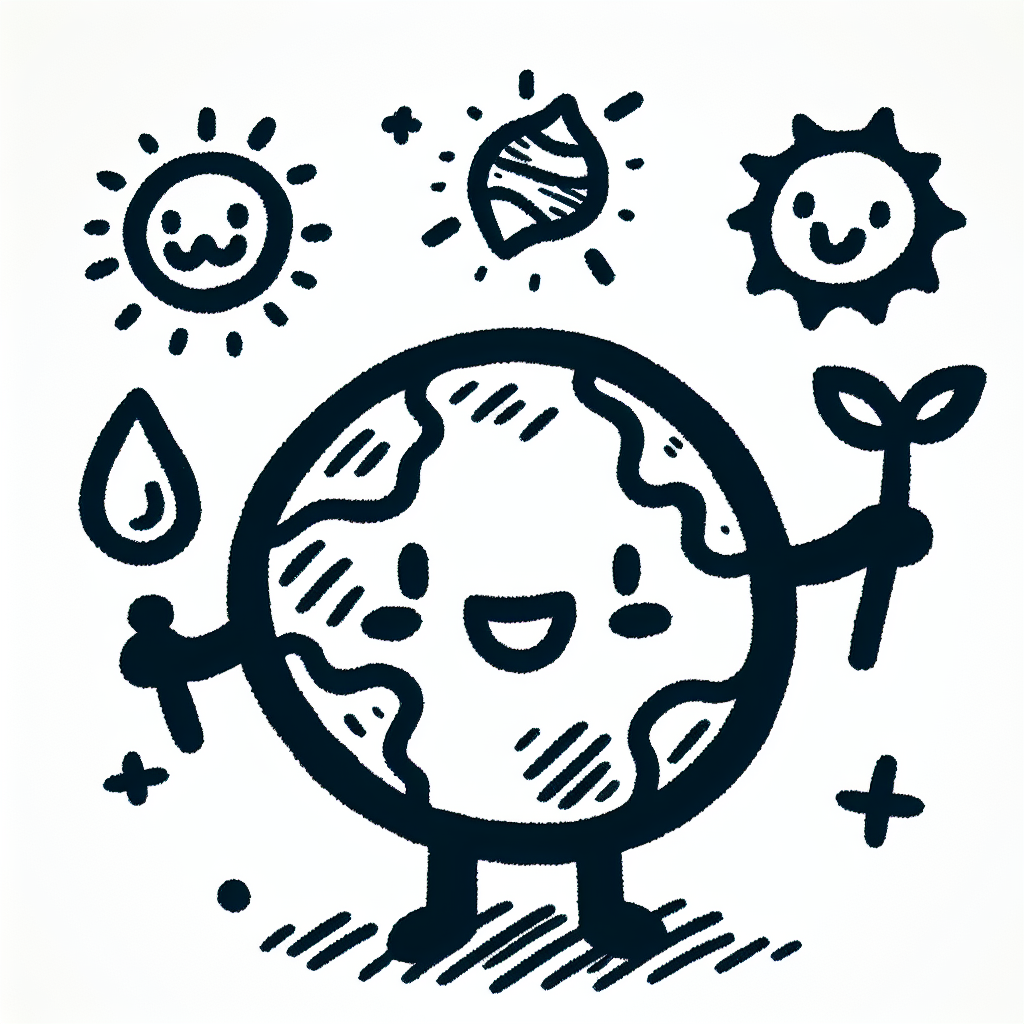


.png)






